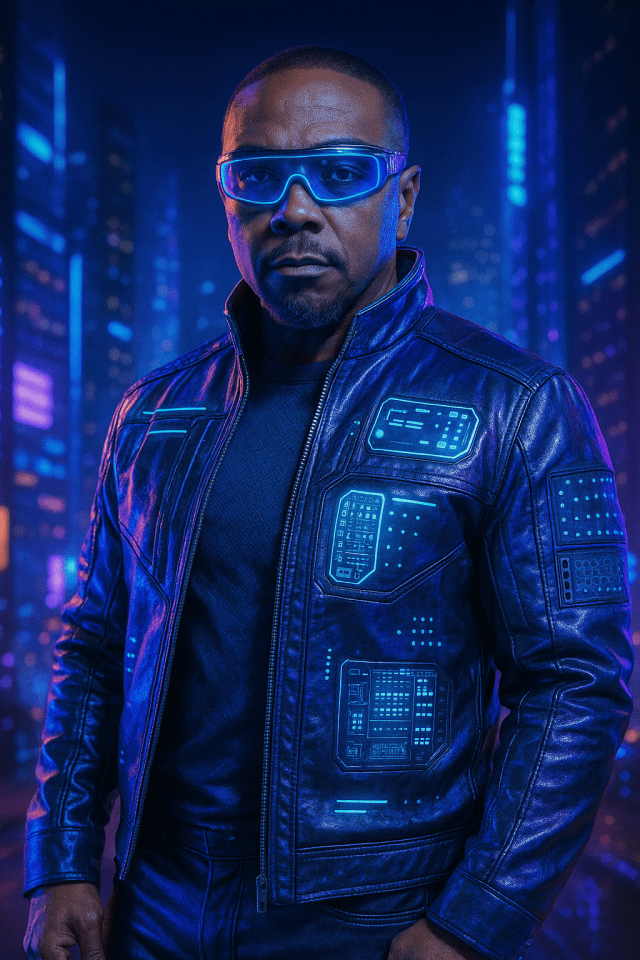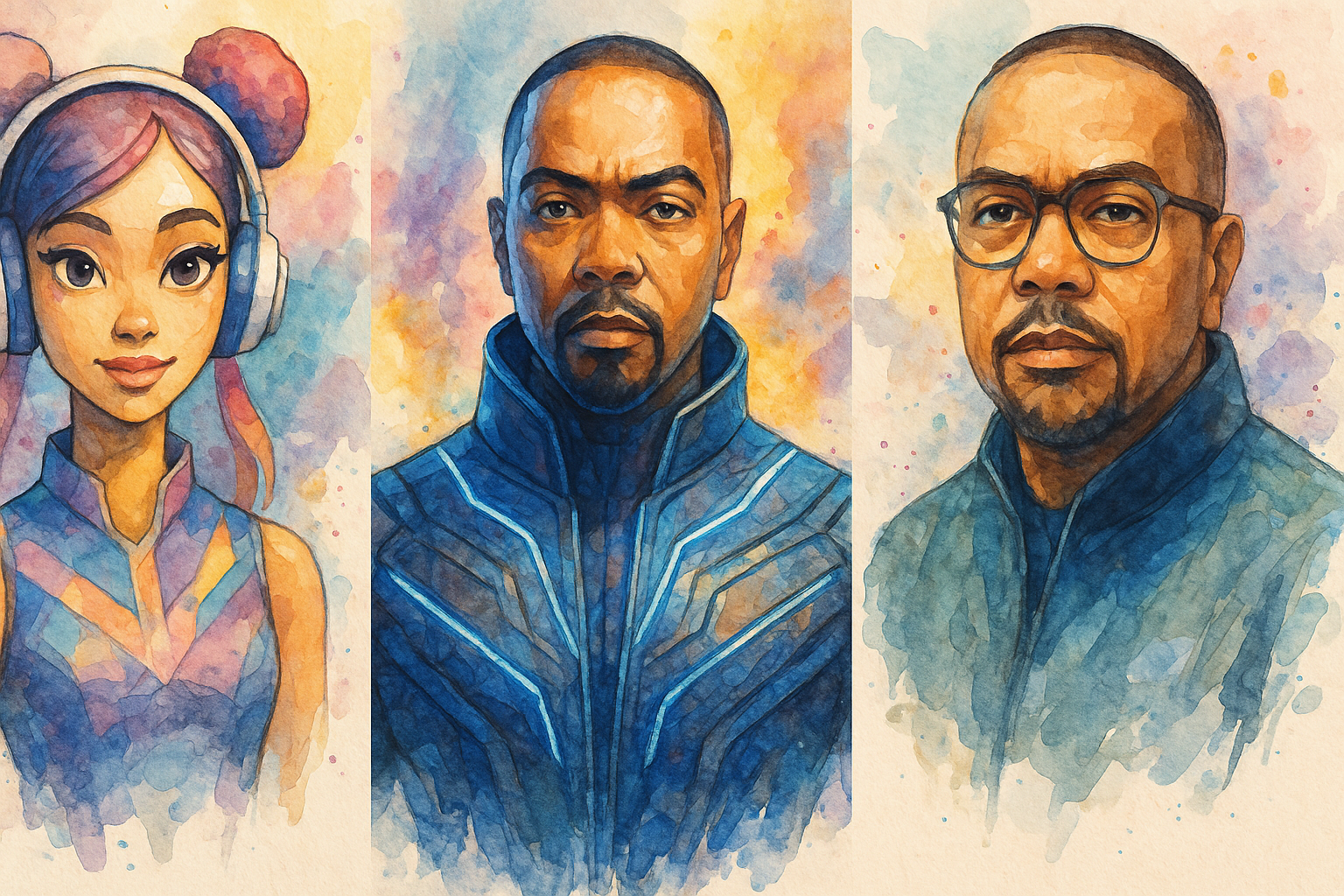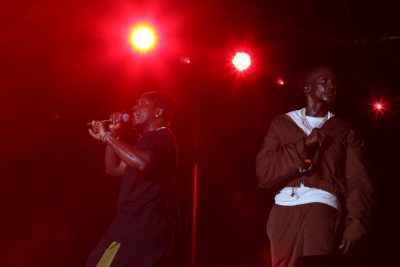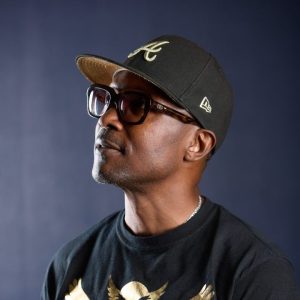Timbaland, the legendary beatmaker who helped define the sound of an era, just stepped into the future — and it’s got folks in their feelings. The producer recently unveiled TaTa, the first AI artist under his new venture, Stage Zero, pushing what he calls “A-pop” (Artificial Pop). But while Timbaland sees it as creative evolution, much of the culture sees it as an existential threat.
“This just means more creativity for creators,” says Timbaland, brushing off the backlash. “I love my independent artists. This doesn’t mean I’m not working with real artists anymore.”
But not everyone’s buying it.
From TikTok to Twitter, the critiques have been fast and furious. Some call it innovative, others call it the beginning of the end. For many producers, fans, and working artists, the move feels like a betrayal. They’ve spent years perfecting their craft, only to watch machines step into the spotlight — without the grind, without the soul.
Ray Daniels, longtime industry insider and Timbaland’s supporter, tried to offer a clever spin:
“Why the f–k wouldn’t you? Mickey Mouse is an AI character… Bugs Bunny is an AI character.”
Mickey Mouse debate
But Rolling Stone contributor and rap journalist Rob Markman clapped back:
“Mickey Mouse was created by a human, drawn by a human, written by a human, voiced by a human … not the same.”
That’s the heart of the controversy: human effort. Human emotion. Can a machine make you feel something the way Lauryn Hill, Kendrick, or D’Angelo can?
Wes Beats, a rising producer, put it plainly:
“When you’ve been grinding for years … seeing major figures turn to AI like it’s the next big thing feels like a slap in the face.”
And British DJ Shy FX called it out as a hustle:
“This isn’t disruption. It’s a cash-in.”

Let’s not forget: this isn’t Timbaland’s first AI rodeo. He previously faced criticism for attempting to create a track using an AI-generated version of Biggie’s voice. Add in his partnership with Suno — a company with public ambitions to replace musicians — and the skepticism only deepens.
Fans, too, are raising the flag. One posted:
“The machine does not deserve what you’ve built to train off of … you will be left with a music product that has no soul.”
Room for both?
But let’s take a step back. Is there space for both? Can AI become a tool for artists instead of a replacement? Or is this the start of a digital takeover that strips the art from the artist?
Jason Orr, FunkJazz Kafé Founder, shared:
“What Timbaland is experimenting with ain’t just about tech — it’s about what we value as culture. Music has always been the soul of our experience, our resistance, our healing. You can’t automate that. You can mimic rhythm, but not spirit. As creators, we have to ask: are we innovating, or are we outsourcing the human condition? I respect the hustle, but we gotta protect the essence.”
One thing’s clear: what Timbaland sparked isn’t just a tech rollout — it’s a cultural reckoning. The future of music is being debated in real time. And the question isn’t whether AI can make music — it’s whether we’ll feel it.















